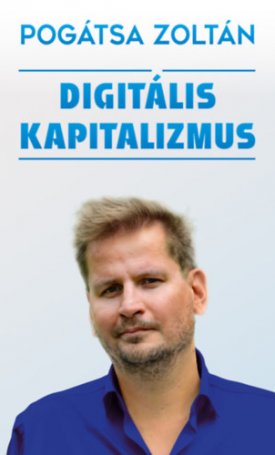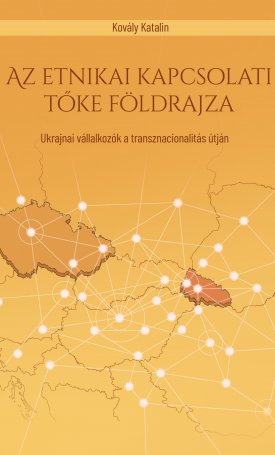Hot, Flat, and Crowded: Why We Need a Green Revolution - And How It Can Renew America
-10%
7 200 Ft
6 480 Ft
Előrendelés(Bejelentkezés szükséges)
A kedvezményes árak kizárólag a webshopunkon keresztül leadott megrendelésekre érvényesek!
Hot, Flat, and Crowded: Why We Need a Green Revolution - And How It Can Renew America
The book begins with a diagnosis of “where we are” and “how we got here” that is short on good cheer. We live, Friedman explains with reference to his previous work, in a world that is flat — a level economic playing field with fewer barriers between countries and individuals — but that is now also becoming crowded, thanks to rising population. And the problem is not just that the raw number of people is increasing, it’s that many more are gaining access to an American level of consumerism. With the world’s population of “Americans” heading toward two or three billion — all desiring the middle-class comforts of a car, a fridge and an air-conditioner — the global demand for energy is soaring to new heights. That, Friedman says, is unsustainable.
This hunger for energy is dangerous not only because it means belching more carbon dioxide into the atmosphere, so pushing the temperature to dangerously high levels, but also because it is robbing the world of precious, and beautiful, biodiversity, destroying a unique species every 20 minutes. It also means we’re lining the pockets of the autocrats who tend to control the world’s reserves of fossil fuel, the “petrodictators.” And we are opening an ever wider gap between the energy haves and the energy have-nots, those who cannot take part in the “flat” world because they cannot switch on a light bulb, let alone a laptop.
Friedman knows what is to be done. The United States needs to set an example for the world to follow, by starting over and constructing an entirely new Clean Energy System, one that will send “clean electrons” into its homes, offices and cars — generated not by dirty old oil or coal, but by solar, wind and nuclear power — and that will use many fewer of those electrons, thanks to greater efficiency. In the book’s most arresting passage, Friedman plays futurist and looks ahead — to “20 E.C.E.” — imagining a world where an Energy Internet puts each one of your home appliances in touch with the power company, drawing out only the minimal power it needs to function and at the cheapest, off-peak times. Even your car, by now a plug-in hybrid that gets the equivalent of 100 miles per gallon, can charge its battery with solar power, which it then sells back to the grid.
All this would, of course, require the most profound shift. As Friedman explains, utility companies were established at a time when the sources of power to generate electricity were assumed to be limitless. The utilities’ responsibility was, and remains, to supply a constant flow of electrons to every household; they have a direct financial stake in keeping demand high. These companies need to be fundamentally rewired so that their rewards come from persuading us all to use less, not more, of their product.
The way to do that, Friedman explains, is by “reshaping the market,” not only to make us use less electricity, but to make the power companies buy energy from cleaner sources. It will take an entirely new regime of taxes, incentives and price signals, all set by the federal government. Oh, says the ideological free marketeer, we couldn’t possibly meddle in the market like that. But guess what, Friedman replies: we already do. Washington has tilted the energy playing field for years — subsidizing oil, gas and coal and giving only puny, halting help to wind and solar power. It is, Friedman writes, “a market designed to keep fossil fuels cheap and renewables expensive and elusive.”
Kiadó: Penguin
Kategória: Szociológia, Politika, Közgazdaságtan, Ismeretterjesztő , Társadalomtudomány
Kategória: Szociológia, Politika, Közgazdaságtan, Ismeretterjesztő , Társadalomtudomány














